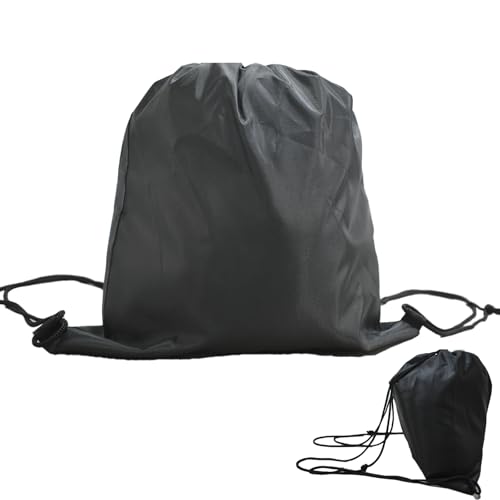When I find a spare $600 lying around the house, Code is my next course.
Knock $100-$200 off that and you are closer to what the course costs...depending on location. I just checked. Of course, if you want to rent one of his bikes then you are spot on. However, I'd suggest doing it on your own bike. First, you are less likely to crash on the track. This is especially true if you are doing as you are told and focusing on the lesson and the tasks that have been given to you. Of course, if you are stupid you will not pay attention and ride right off the side of the straight like a guy did in front of me on the school bike. He had to pull out his credit card to pay for damages. Ouch.
However, one of the huge benefits you get from doing something like this is confidence in YOUR bike. Learning that your bike is much more capable than you thought. If you go home from a day riding track bikes and hop on your bike, you've improved your skills, but in the back of your head you are thinking "I did that on a prepped track bike, not my heavy FJR!" It's a huge benefit when you get into a corner on the street and get that nervous feeling in the back of your head, and you can override it and say "Me and this bike have been through turns tighter and hotter than this one" and override that fear factor and roll on and lean in rather than panic braking and running off the road.
Plus, it saves you $200 off the cost.
I don't have any interest in parking lot trick riding or track days and don't mind catching up with the fast riders at the next stop. Most of my riding is at a 6/10s pace and I consider myself a touring rider.
Can old dogs learn new tricks......and should they try?
1. Read some of what I said above. Track days are more than just racing. It's an opportunity to work on your skills in an enclosed course with known conditions. You just did this turn less than 2 minutes ago...nobody with a tractor has pulled out dragging gravel through it so you know you can go a little faster than last time and work on your technique and focus on the fundamentals. Then, when you are out on the street, you've practiced said fundamentals enough that they are automatic and you can focus on that gravel in the road. It's kind of like when you first learned to ride...there's so much going on. Two brakes, clutch, shifting, leaning wind, gotta put your feet down. You spent a lot of time focusing on those things when you started riding and not so much on the actual riding. This is why noobs crash a lot. After a while, you got to where your brain spends zero time thinking about doing that stuff and you just shift automatically while paying better attention to what's going on around you. Same thing applies with track time and classes, focus on the fundamentals and they'll become automatic too and make you a better rider.
2. Track days are freaking fun! You may not be interested, but give it a try for what I said above, and likely you'll be looking for when you can sign up for your next track day. By your third one you'll be perusing cycletrader for a used SV650.
In my life, there's not much else that I've done that is nearly as much fun. Also, specifically for that first track day with a class, I don't think I've ever learned as much about a single subject in one day as I did with that.

















